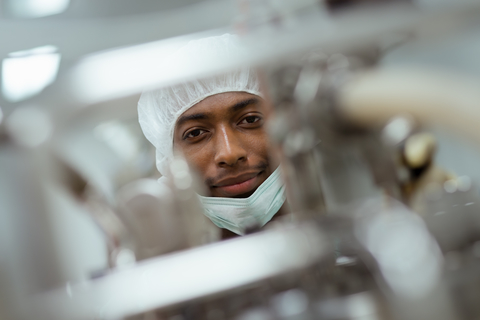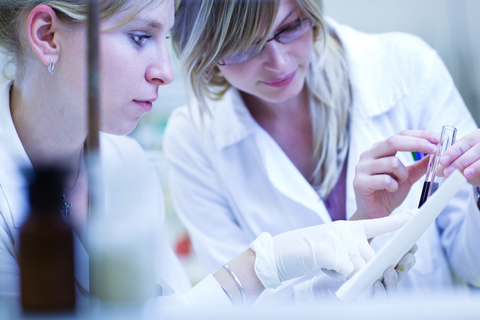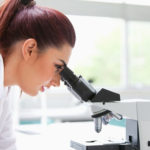
Heroin combined with non-opioid painkillers leads to a rise in overdose deaths
A multi-disciplinary study has shown that the recent substantial increase in prescriptions for two drugs, pregabalin and gabapentin, used widely for a range of neurological disorders is closely correlated with a rise in the number of overdose deaths in England and Wales (University of Bristol, 2017). These drugs have become drugs of abuse, according to … Continue reading Heroin combined with non-opioid painkillers leads to a rise in overdose deaths
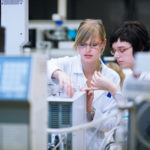
Minimally conscious people woken for a week
People in a minimally conscious state have been “woken” for a whole week after a brief period of brain stimulation (New Scientist, 2017). The breakthrough suggests scientists might be on the verge of creating a device that can be used at home to help people with disorders of consciousness communicate with friends and family. People … Continue reading Minimally conscious people woken for a week
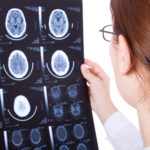
No two neurons are genetically alike
The genetic makeup of any given brain cell differs from all the others (Scientific American, 2017). This realisation may provide clues to a range of psychiatric diseases. The past few decades have seen intensive efforts to find the genetic roots of neurological disorders, from schizophrenia to autism. But the genes singled out so far have … Continue reading No two neurons are genetically alike

Skin patch costing 39p could save the lives of stroke patients
A skin patch costing as little as 39p could revolutionise stroke treatment, significantly increasing the chances of survival (The Guardian, 2017). The patch contains glyceryl trinitrate (GTN), which lowers blood pressure and opens up blood vessels, helping reduce the damage caused in the immediate minutes and hours following a stroke. A small trial of forty … Continue reading Skin patch costing 39p could save the lives of stroke patients

A little cannabis each day may reverse brain ageing
Low doses of the active ingredient in cannabis, THC, may reverse brain ageing and restore learning and memory, at least according to studies of older mice (New Scientist, 2017). In some cultures it’s traditional for older people to smoke cannabis, which is said to help them pass on tribal knowledge. The research was led by … Continue reading A little cannabis each day may reverse brain ageing
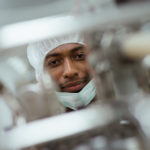
Synthetic bone implant makes blood cells
Scientists have engineered a bone-like implant to have its own working marrow which is capable of producing healthy blood (New Scientist, 2017). The implant may help treat several blood and immune disorders without the side effects of current treatments. One of the jobs of bone marrow is to produce red blood cells from stem cells. … Continue reading Synthetic bone implant makes blood cells

New test for blood cancer progression
A new test that could hold the key to predicting blood cancer patients’ survival has been developed by Cardiff University (BBC News, 2017). Researchers said the length of the telomeres gave an “accurate indicator” of disease progression. Shorter telomeres can leave chromosome ends exposed, accelerating cancer progression and drug resistance. The team believe the study … Continue reading New test for blood cancer progression
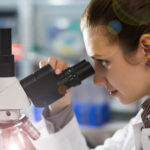
University of Liverpool to lead research on digestive issues in people with cystic fibrosis
Scientists from around the world are being led by the University of Liverpool to look at new ways of dealing with digestive issues in people living with cystic fibrosis (University of Liverpool, 2017). Cystic fibrosis is an inherited genetic condition that affects over 10,500 people in the UK. Symptoms begin in childhood and slowly progress … Continue reading University of Liverpool to lead research on digestive issues in people with cystic fibrosis
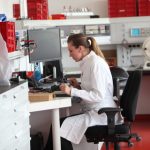
Bionic hand automatically sees and grabs objects
A bionic hand that “sees” objects and instantly decides what kind of grip to adopt has been developed by scientists at Newcastle University (BBC News, 2017). A computer uses a camera to assess an object’s shape and size and then trigger the correct movement to pick it up. The technology has been trialled by a … Continue reading Bionic hand automatically sees and grabs objects
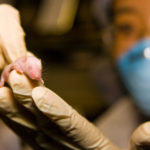
Lab mice may not be effective models for immunology research
Lab mice may not be effective models for studying immune responses to disease according to researchers at the University of Bristol and London School of Hygiene & Tropical Medicine (University of Bristol, 2017). The findings of the study, published in Nature Communications, have implications for all aspects of medical and scientific research because laboratory mice … Continue reading Lab mice may not be effective models for immunology research







